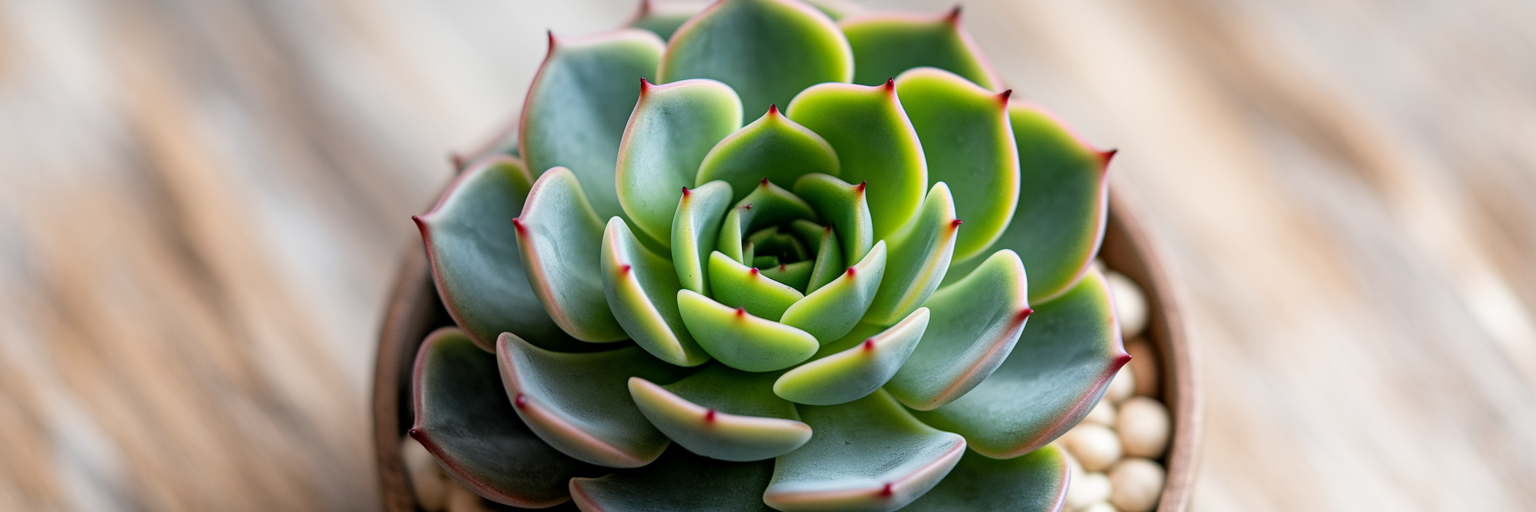Your Plant-Powered Performance Questions Answered
As a vegan athlete, you're already committed to making conscious choices for your body and the planet. But when it comes to supplements, the conversation can get confusing. Creatine is one of the most researched sports supplements on the market, yet it's surrounded by persistent myths. This is especially true in plant-based communities, where questions about its necessity and side effects are common.
Here’s the core of it: dietary creatine is found almost exclusively in animal tissues. This means as someone following a plant-based diet, your natural muscle creatine stores are likely lower than your omnivorous counterparts. This isn't a disadvantage. It's an opportunity. Supplementing with creatine for plant-based athletes can bridge this nutritional gap, offering a significant boost to your performance.
We're here to cut through the noise. Let's tackle the three biggest myths head-on with solid science and give you a clear, simple roadmap for adding this powerful tool to your fitness routine.
Myth 1: Creatine Will Make You Gain the Wrong Kind of Weight

Let's address the number one concern right away: the fear of looking bulky or gaining fat. The initial weight you might notice after starting creatine is simply water, but it's going to the right place. Creatine works by pulling water inside your muscle cells, a process called cell volumization. Think of a grape becoming plump and firm. This cellular hydration is a positive sign, signaling to your muscles that it's time to grow stronger.
This is completely different from the subcutaneous water retention that can give a soft or "puffy" appearance. The water creatine draws in contributes to a fuller, more defined look, not unwanted fluff. Over time, this enhanced cellular environment, combined with your training, supports the real goal: an increase in lean muscle mass. The result isn't bulk, it's a stronger, more powerful physique. These are some of the most common creatine myths debunked.
Understanding the difference is key to appreciating how creatine works with your body, not against it.
| Type of Weight Change | What It Is | Why It Happens | The Result |
|---|---|---|---|
| Intracellular Water | Water pulled inside muscle cells | Creatine increases cellular hydration | Fuller, stronger muscles; improved performance |
| Lean Muscle Mass | Actual muscle tissue growth | Enhanced workout capacity leads to muscle synthesis | Increased strength and a more toned physique |
| Fat Gain | Increase in adipose tissue | Not a direct effect of creatine; caused by a calorie surplus | Creatine does not cause fat gain |
Myth 2: Creatine Is Harmful to Your Kidneys
This is a serious concern, and it deserves a serious, science-backed answer. For healthy individuals, the idea that creatine harms the kidneys is a myth. Decades of research have consistently shown that taking creatine at recommended doses does not cause kidney damage. For example, a comprehensive 2020 review in the Journal of the International Society of Sports Nutrition concluded that creatine supplementation is safe for kidney function in healthy people.
So, where did this myth come from? It stems from a misunderstanding of a common blood test marker. Creatine supplementation can cause a slight, and entirely normal, increase in blood levels of creatinine, which is a waste product of creatine metabolism. In other contexts, high creatinine can signal kidney problems, but in this case, it's simply an expected and harmless byproduct of having more creatine in your system. It doesn't indicate that your kidneys are under strain.
With that said, responsibility is paramount. If you have any pre-existing kidney disease or renal health concerns, it is essential to consult your doctor before starting any new supplement, including creatine. For most healthy athletes, however, the question of is creatine safe for kidneys has been answered with a resounding yes by the scientific community.
Myth 3: You'll Have to Deal with Constant Bloating

This myth is often confused with the initial water weight gain we discussed earlier, but it refers to gastrointestinal discomfort and a "puffy" feeling. Let's be clear: because creatine pulls water inside the muscle, it should contribute to a firm, full look, not the soft, bloated feeling people worry about. True GI bloating from creatine is not a given, and for the small number of people who experience it, it's usually easy to manage.
Instead of accepting discomfort as a side effect, you can take simple steps to ensure a smooth experience. Empower yourself with these practical tips:
- Mix It Right: Ensure your creatine powder is fully dissolved in plenty of water or another beverage. Undissolved particles sitting in your stomach are a common cause of upset.
- Stay Hydrated: Since creatine helps your muscles hold onto water, you need to drink enough water throughout the day to support this process and your body's overall hydration needs.
- Consider Micronized Creatine: Look for a "micronized" form. These products have smaller particles that dissolve more easily and may reduce the chance of any discomfort. To ensure you're getting a pure product, you can explore our third-party tested creatine monohydrate.
- Stick to the Dose: Taking excessively large doses, especially when you first start, is more likely to cause issues. A standard 3-5 gram daily dose is both effective and very well-tolerated.
The Unique Advantage for Plant-Based Athletes
Now that we've cleared away the myths, let's focus on the exciting part: the distinct advantages creatine offers you as a plant-based athlete. This isn't just another supplement; it's a strategic tool to help you reach your full potential.
Bridging the Nutritional Gap
Because your diet doesn't naturally include creatine, your baseline muscle stores are lower. This means you often experience more significant and noticeable results from supplementation. In fact, research published in the journal Nutrients has shown that plant-based athletes may see more pronounced improvements in strength and cognitive function from creatine compared to their omnivorous counterparts.
Performance and Power Boost
The vegan creatine benefits are tangible in the gym. Supplementation helps regenerate ATP, your body's primary energy currency for explosive movements. This translates directly to more strength for key lifts like squats and deadlifts, an increased capacity for high-intensity sprints, and the ability to push out those crucial extra reps that trigger muscle growth. These performance enhancements are just some of the ways creatine proves its effectiveness, and you can learn more about the foundational creatine benefits here.
More Than Muscles: Cognitive Benefits
Creatine's role isn't limited to your muscles. Your brain is a high-energy organ that also relies on creatine for fuel. Studies suggest that supplementation can support cognitive functions like short-term memory and mental processing, especially in situations of stress or sleep deprivation. For a vegan athlete, this adds a powerful, holistic benefit to both your training and your daily life.
Your Simple Guide to Safe Supplementation

Ready to get started? There's no need for complicated protocols. Here is a straightforward guide on how to take creatine safely and effectively.
- Keep It Simple (The Daily Dose): The most proven method is to take 3-5 grams of creatine monohydrate every day. Consistency is the most important factor, so pick a time that works for you—in your morning smoothie, with your pre-workout, or whenever—and stick with it.
- The Optional 'Loading Phase': If you want to saturate your muscles more quickly, you can take 20 grams per day (split into four 5-gram doses) for the first 5-7 days. This isn't required for success; the standard 3-5 gram daily dose will achieve the same full saturation in about a month.
- Choose Quality Over Hype: Look for a product that is 100% pure creatine monohydrate. Avoid formulas with unnecessary fillers or additives. A reputable brand will often have third-party testing certifications to verify purity and safety. You can browse a collection of high-quality, plant-forward supplements to support your fitness journey.
- Hydrate, Hydrate, Hydrate: This is worth repeating. Creatine works by pulling water into your muscles. To support this function and keep your body running optimally, make sure you're drinking plenty of water throughout the day.
Final Thoughts on Fueling Your Fitness
The most common myths about creatine are simply not supported by science. For healthy individuals, creatine monohydrate is a remarkably safe and effective tool. For vegan athletes, it's even more valuable, helping to bridge a dietary gap and support strength, power, and even brain function.
You're already dedicated to your health and fitness. Now you have another proven tool to help you perform at your best. Ready to fuel your fitness? Explore our top-quality, vegan-friendly creatine monohydrate and feel the difference. And if this article helped clear things up, share it with a friend who might have the same questions!



